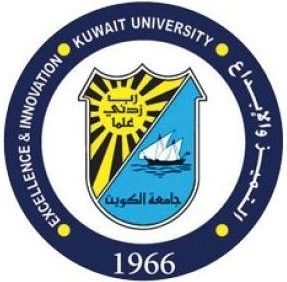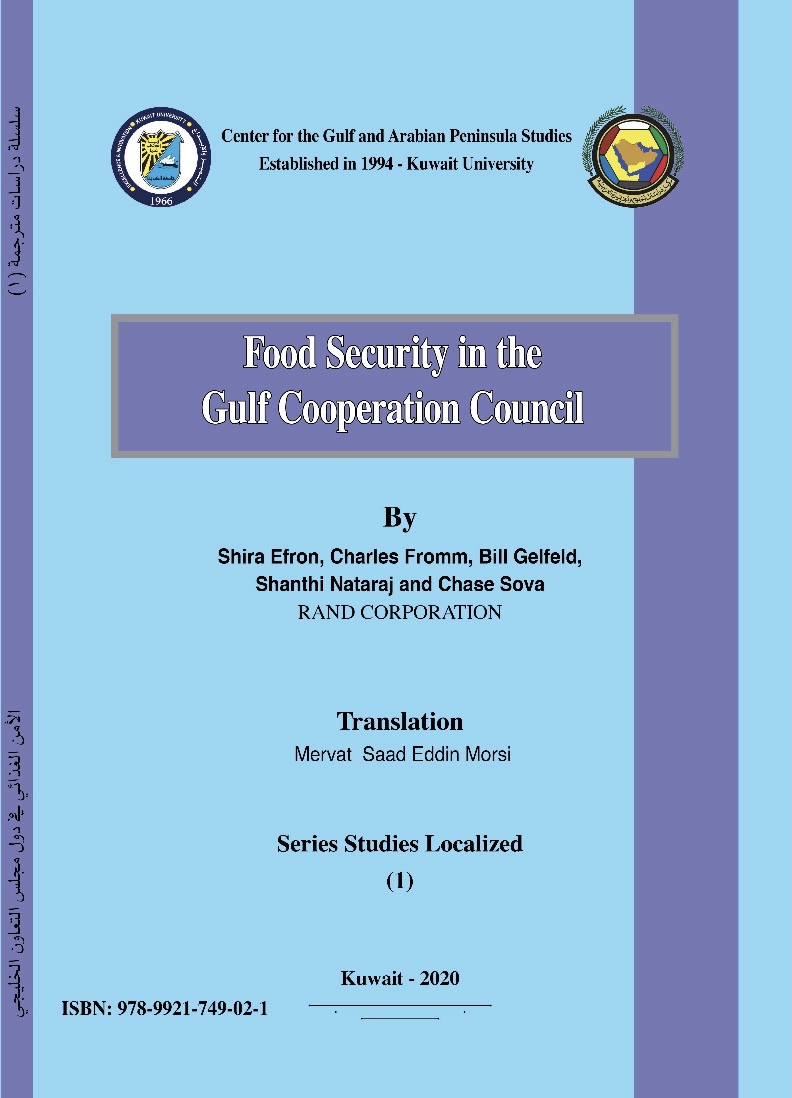Abstract:
The normal Circumstances of the GCC countries Bahrain, Kuwait, Oman, Qatar, Saudi Arabia, and the United Arab Emirates have made their domestic food production an ongoing challenge. Over the past few decades, these countries have been able to –largely leverage their substantial economic resources in meeting this challenge through the import of food. Given these states’ financial strength, we will find that their main challenge in food security will probably not be -increased food prices- but natural or man-made disruption, preventing one or more countries from obtaining food imports. In this report, prepared by a team of researchers from Emerge 85 and Rand Foundation, we have described the food security situation of GCC countries and documented the prevailing strategies they have taken to increase domestic food production or facilitate access to food imports. Then we took these strategies into account in the context of two different scenarios: one with a high likelihood of disrupting imports, and the other with a low likelihood of such disruption. Our analysis indicates that, with a high risk as a result of the interruption of food imports, it is constantly investing in emergency stock, establishing a variety of trade routes and partners, investing in increasing local agriculture -especially improving water management- can enhance GCC countries food security. While these States are -likely- to be able to afford food imports, with a reduced risk of disturbances and continuing to export oil and gas, sustained high food prices could strain national budgets or make access to food difficult for some residents. Thus, financial instruments to hedge against price-raising risks may be valuable and important.
Hits : 120
